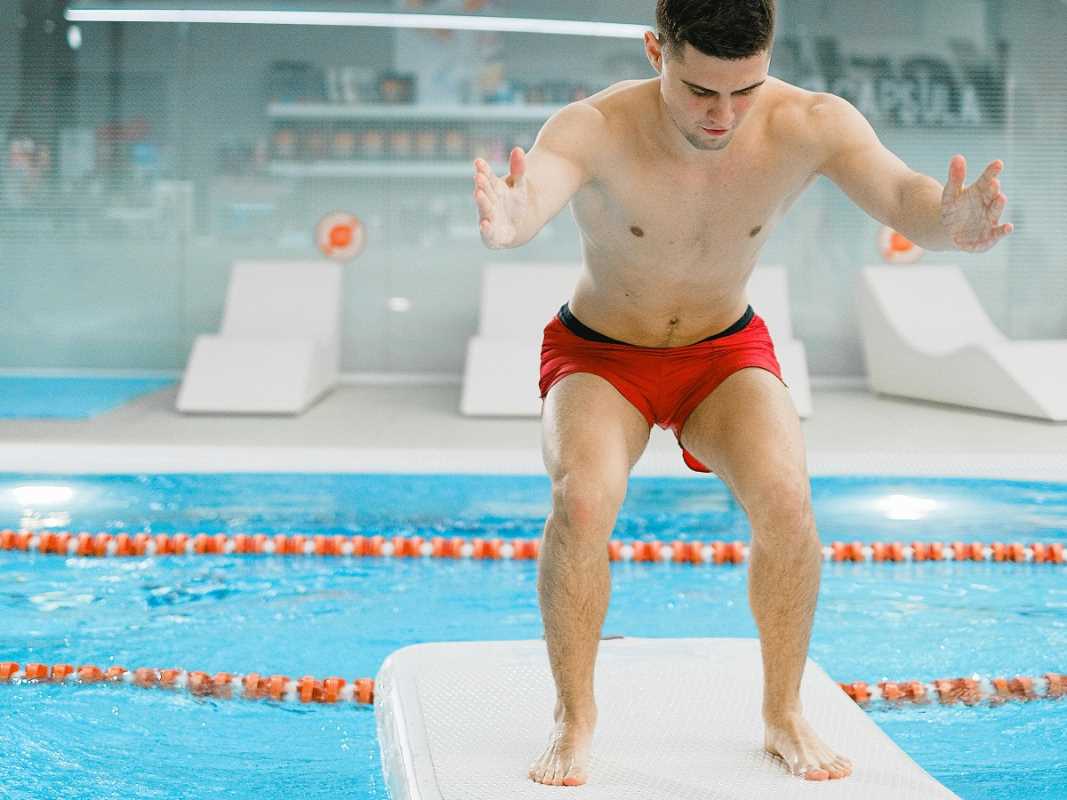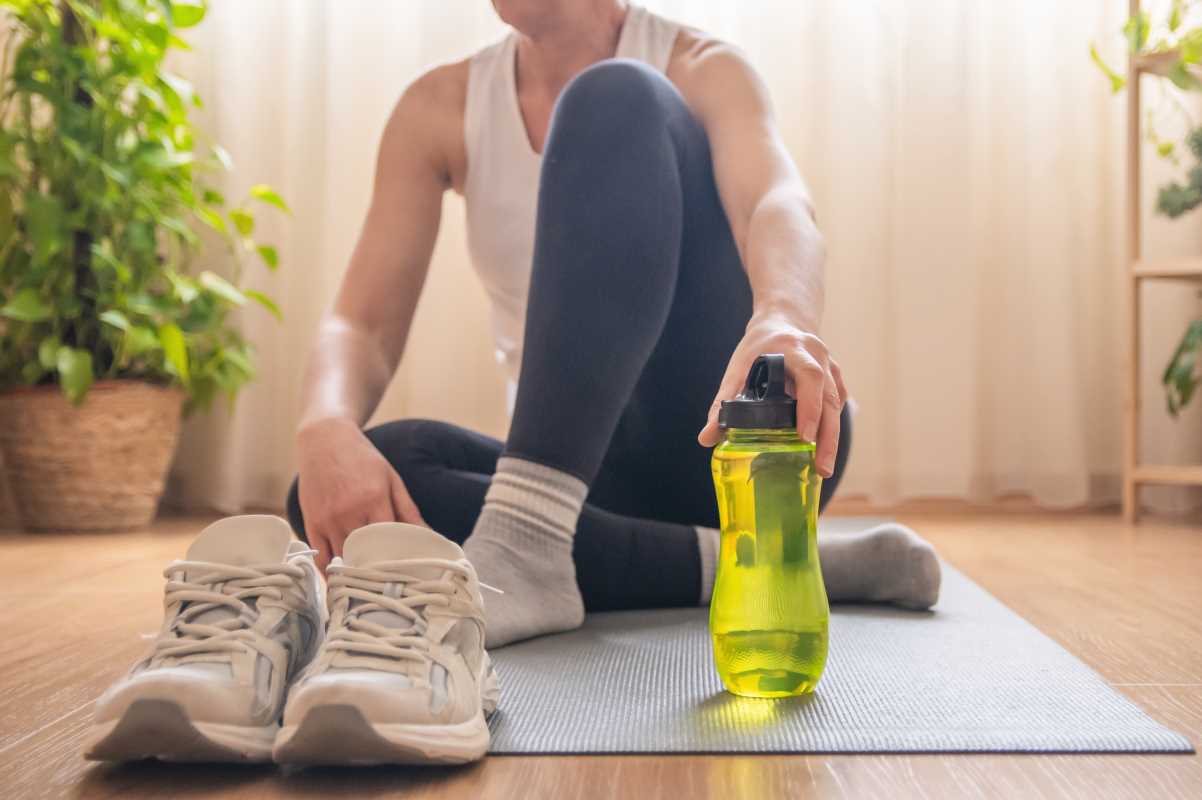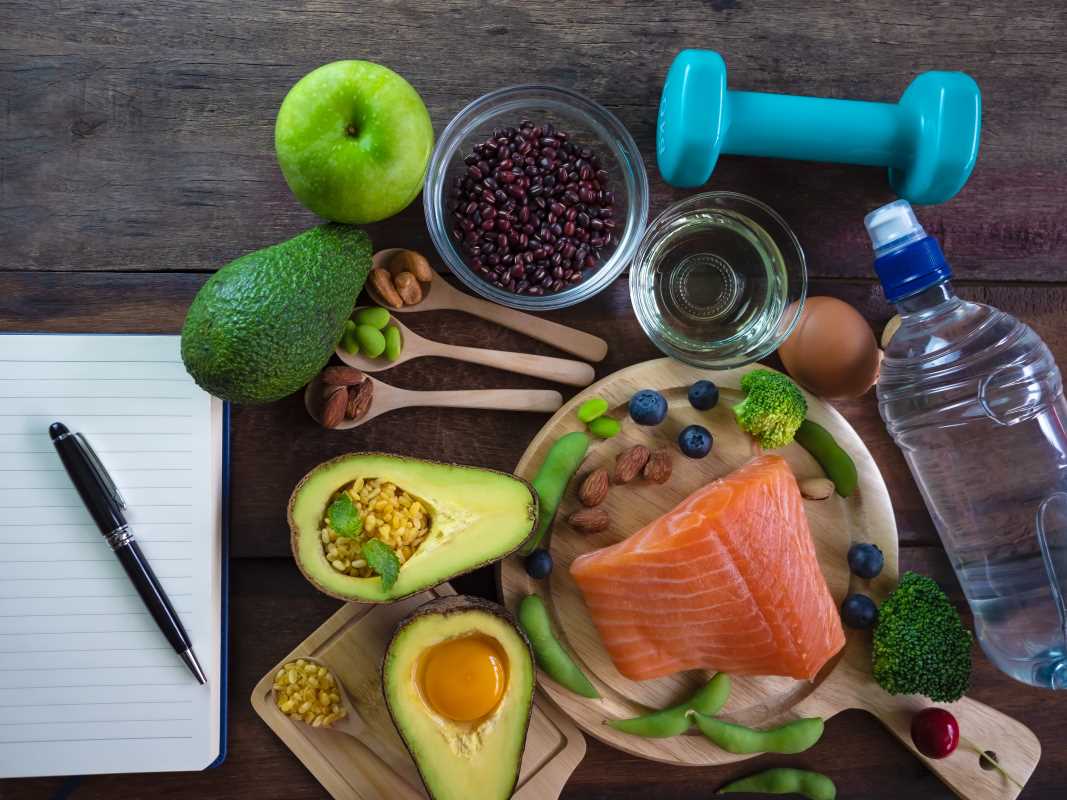Long weekends packed with race days or extended tournament play can leave your muscles aching and your energy levels running low. Giving your body the right support each morning helps you stay strong and alert for every match or event. Many athletes have felt the sting of fatigue by midday on the second day, realizing too late how much proper nutrition can influence performance and recovery. With the right plan, you can avoid burnout and keep your body ready for action. Take a closer look at the key elements that often go unnoticed, yet play a crucial role in turning fatigue into lasting stamina.
Discovering Hidden Recovery Factors
You might already reload carbs and drink protein shakes, but paying attention to micronutrient timing and nutrient interactions often goes unnoticed. Magnesium and zinc, when taken at the right moments, can enhance muscle repair signals. Rotating antioxidant-rich foods prevents your body from adapting, ensuring it continues to respond strongly to each recovery meal.
Hydration methods go beyond simply drinking water. Pairing electrolytes with amino acids and plant-based extracts can accelerate absorption. Experimenting with natural sources—think coconut water combined with tart cherry extract—activates pathways that standard sports drinks don’t target. These adjustments help your system reset more quickly between days one, two, and three.
Nutrition Tactics in Practice
Post-Workout Glycogen Replenishment
- Purpose/Benefit: Restore muscle carbs for the next session.
- Steps:
- Track sweat loss via pre/post-training body weight.
- Calculate 1.2 g carbohydrate per kg body weight.
- Prepare rice-based drink or mashed sweet potatoes.
- Cost/Metric/Availability: ≈ $1 per serving.
- Insider Tip: Add a pinch of sea salt to speed glucose transport.
Protein Distribution Routine
- Purpose/Benefit: Steady amino acid supply for muscle repair.
- Steps:
- Split 1.6–2.2 g protein/kg into 6 servings.
- Mix fast (whey) and slow (egg whites) proteins.
- Consume every 2–3 hours.
- Cost/Metric/Availability: $0.50–$1 per serving when bought in bulk.
- Insider Tip: Pair each serving with 5 g glycine for collagen support.
Electrolyte–Amino Acid Combo
- Purpose/Benefit: Enhance fluid balance and contraction efficiency.
- Steps:
- Mix 300 mg sodium, 200 mg potassium, 250 mg magnesium in 500 ml water.
- Add 3 g BCAAs.
- Sip slowly post-training over 30 minutes.
- Cost/Metric/Availability: ≈ $0.75 per drink (DIY).
- Insider Tip: Use flavored BCAA powders to avoid excess sweeteners.
Antioxidant Rotation
- Purpose/Benefit: Prevent tolerance and support repair.
- Steps:
- Choose one high-antioxidant food daily.
- Rotate options (berries, beets, green tea).
- Prefer whole foods/drinks over capsules.
- Cost/Metric/Availability: $2–3 per serving.
- Insider Tip: Steep green tea at lower temps to protect catechins.
Evening Magnesium Intake
- Purpose/Benefit: Calm nervous system for deeper recovery.
- Steps:
- Mix 200 mg magnesium citrate in warm water.
- Sip 30 min before sleep.
- Add 2 min relaxation breathing.
- Cost/Metric/Availability: < $0.10 per dose (bulk).
- Insider Tip: Combine with 2 g glycine for extra calming without grogginess.
Yogurt with Anti-inflammatory Boost
- Purpose/Benefit: Pair probiotics with anti-inflammatory nutrients.
- Steps:
- Stir 2 tsp turmeric into plain yogurt.
- Add black pepper for absorption.
- Top with walnuts for fats.
- Cost/Metric/Availability: ≈ $1.50 per serving.
- Insider Tip: Let sit 5 min before eating so curcumin binds with fats.
Collagen and Vitamin C Mix
- Purpose/Benefit: Support connective tissue recovery.
- Steps:
- Blend 15 g collagen with orange juice.
- Chill 10 min to thicken.
- Drink within 30 min after weights.
- Cost/Metric/Availability: ≈ $0.70 per dose + juice.
- Insider Tip: Swap juice for acerola cherry concentrate for higher vitamin C.
Rhodiola for Endurance Reset
- Purpose/Benefit: Control cortisol fluctuations with adaptogens.
- Steps:
- Take 200 mg Rhodiola (3% rosavins).
- Pair with small carb snack.
- Use within 1 h after training.
- Cost/Metric/Availability: ≈ $0.25 per dose.
- Insider Tip: Combine with pumpkin seeds (phosphorus) for stronger signaling.
Carb-Cycle for Energy Balance
- Purpose/Benefit: Maintain steady recovery energy.
- Steps:
- Alternate 3 g/kg (high) vs. 1.5 g/kg (moderate).
- Concentrate carbs within 2 h post-exercise.
- Add fiber-rich veggies to moderate spikes.
- Cost/Metric/Availability: $0.50–$2 depending on sources.
- Insider Tip: Try plantain flour for slower glycemic response.
Multi-Day Recovery Snack Stack
- Purpose/Benefit: Sustain energy across events.
- Steps:
- Prepare mini beef sandwiches with whole-grain bread + mustard.
- Add apple slices.
- Wrap in foil for portability.
- Cost/Metric/Availability: ≈ $3 per snack.
- Insider Tip: Cut sandwiches into quarters to flex portion size quickly.
Step-by-Step Nutrition Plans
- Pre-Event Boost: Mix 200 ml beetroot juice, 50 ml tart cherry, and a pinch of salt. Drink two hours before starting. This costs less than $3 at most health stores. It enhances nitric oxide pathways and prepares muscles for endurance without causing a sugar crash.
- During-Event Refill: Sip a 5:1 carbohydrate-to-protein mixture in a 12-ounce bottle every 45 minutes. Use 60 grams of high-glycemic carb powder mixed with 12 grams of protein isolate. It costs around $1.50 per bottle. This maintains blood glucose and supplies continuous amino acids to active muscles.
- Post-Session Recovery: After finishing for the day, have a 250-calorie mix of 20 grams of whey and 30 grams of sweet potato puree. Drink it immediately within 30 minutes of stopping activity. The total cost is roughly $2. This combination helps control insulin spikes and clears lactate faster.
- Overnight Recovery: Blend 200 ml unsweetened almond milk, 25 grams of casein isolate, and a teaspoon of tart cherry concentrate. Drink at least 60 minutes before sleep. Cost: about $1.20. This blend supports slow-release amino acids to match your sleep cycle.
- Transition Meal: Before traveling or taking a rest day, eat a power bowl with quinoa, edamame, and avocado. Season lightly with lemon and olive oil. Preparation time: 10 minutes; cost: approximately $4. This balanced meal fills nutrient gaps and helps you wake up refreshed for the next session.
Helpful Tips and Common Mistakes
- You neglect solid foods after intense workouts, depending solely on shakes, which slows down gut signaling essential for full recovery. Always follow liquids with a small, chewable protein-carb snack within an hour. Different textures activate various digestive enzymes and hormone releases that shakes alone don’t trigger.
- You drink generic sports drinks filled with artificial dyes, which can silently burden your liver. Switch to homemade electrolyte drinks with a pinch of kelp powder and real fruit juice. This change reduces additives and supplies trace minerals that support muscle function and nerve signaling.
- You repeatedly use the same antioxidant supplement, leading your body to adapt and reduce its effectiveness. Instead, rotate natural sources daily—try blackberries, beet juice, or raw cacao. Rotating protects your signaling pathways and prevents your body from tuning out one single compound.
- You overlook magnesium doses, sometimes forgetting to track intake or preferred forms. Switch to chelated or citrate forms and set reminders to take it nightly. Chelated magnesium absorbs faster and maintaining a consistent intake improves sleep, which directly influences growth hormone release.
- You overload on high-glycemic carbs only in the morning, leaving midday workouts underpowered. Break your carb loading into smaller portions after each key session. Timing is more important than total grams; evenly spaced doses help prevent central fatigue and prepare your mind for tactical decisions.
Make these subtle changes to enhance your recovery after intense days. Prioritize a variety of antioxidants, smart nutrient combinations, and proper timing to reduce fatigue and support progress.
 (Image via
(Image via





